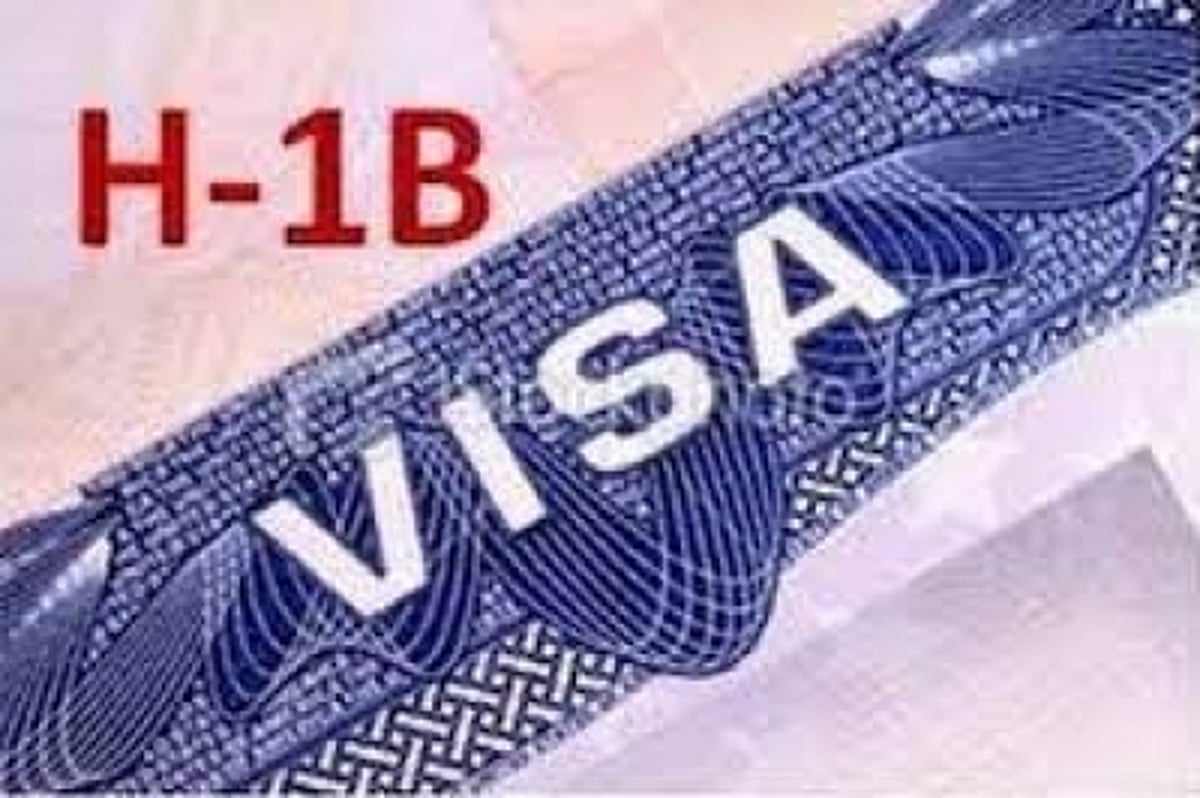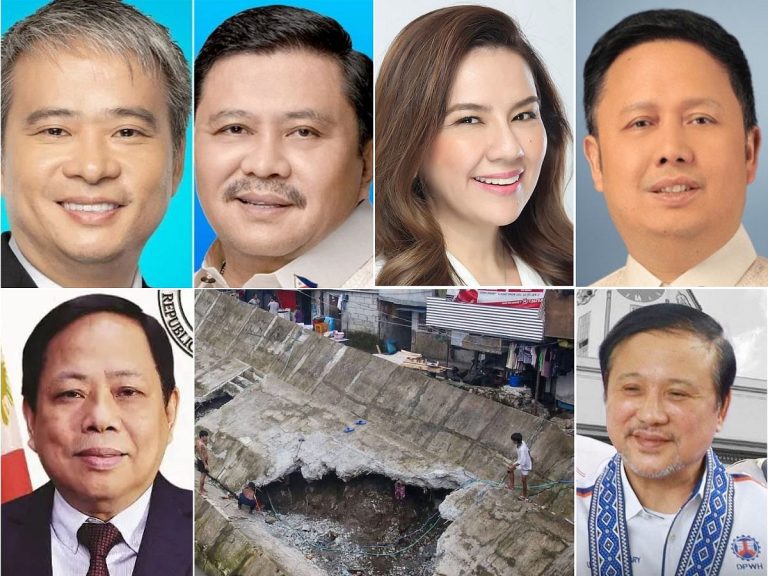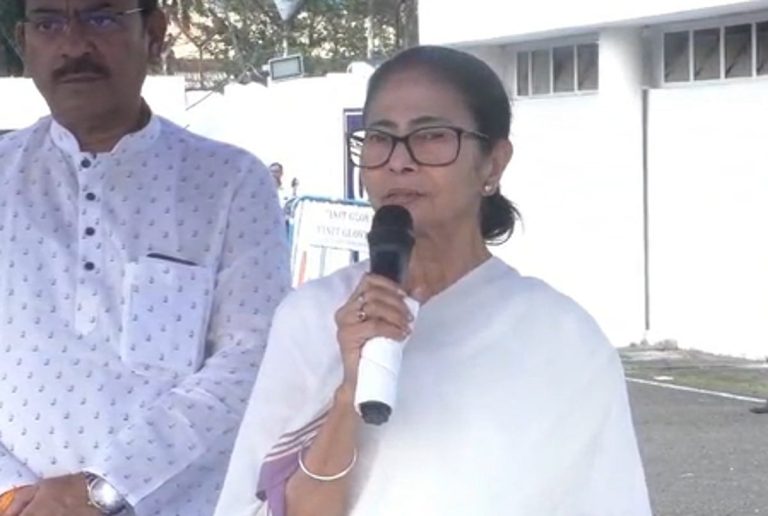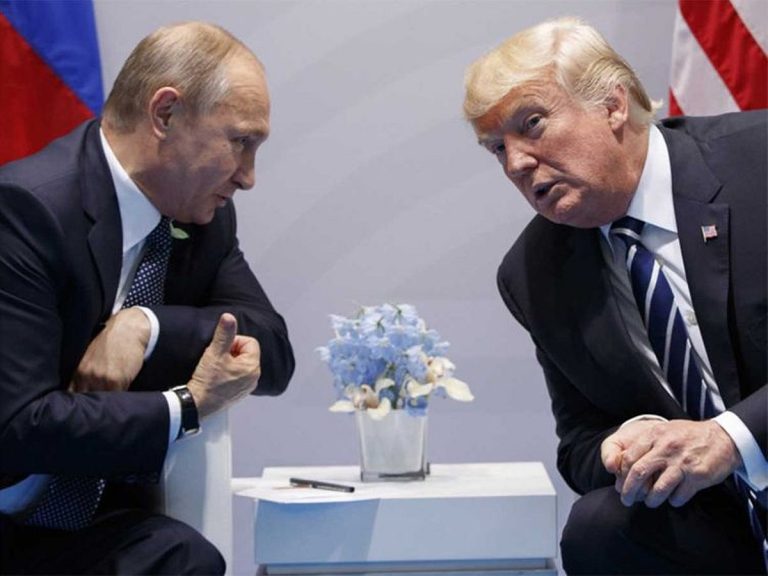New H-1B Visa Regulations: Stricter Rules Ahead
The Trump administration is set to implement significant changes to the H-1B visa program, moving beyond the recently introduced $100,000 fee for new petitions. These proposed modifications aim to tighten eligibility criteria and enhance employer compliance, impacting how companies utilize these visas for foreign workers.
Proposed Changes to H-1B Visa Regulations
Stricter Eligibility Criteria
The new regulations, outlined in the Federal Register under the title “Reforming the H-1B Nonimmigrant Visa Classification Program,” seek to narrow the eligibility for H-1B visas. This includes a more stringent definition of what constitutes a specialty occupation, requiring that the job directly relates to the candidate’s degree. This shift aims to reduce flexibility that was seen during the Biden administration.
Increased Oversight of Third-Party Placements
Another significant change involves heightened scrutiny of third-party placements. Agencies that place H-1B workers at client sites, a common practice in the tech and consulting industries, will face stricter regulations. This move is intended to ensure that the employment of foreign workers aligns with labor laws and protects domestic job opportunities.
Enhanced Employer Compliance
Employers with previous violations of wage or labor regulations will be subject to closer monitoring. This increased oversight is designed to enforce compliance and ensure that H-1B workers are compensated fairly, matching or exceeding the salaries of comparable U.S. employees.
Potential Impact on Cap Exemptions
The Department of Homeland Security (DHS) may also limit the exemptions currently available to nonprofits, universities, and healthcare institutions. This could affect the ability of these organizations to hire foreign talent under the H-1B program.
Future of the H-1B Lottery System
The administration is considering replacing the existing lottery system for H-1B visa selection with a wage-based approach. This change could prioritize higher-paying positions, potentially reshaping the landscape of H-1B employment.
Industry Reactions
The introduction of the $100,000 fee has already sparked concern among IT companies, particularly startups that may struggle to absorb the cost. Larger firms, such as Nvidia, have indicated they will continue to sponsor H-1B visas despite the financial burden. The H-1B visa program remains crucial for many sectors, with nearly 75% of approvals in 2023 going to high-skilled foreign nationals, primarily in computer-related roles.
FAQs
What is the new $100,000 fee for H-1B petitions?
The $100,000 fee applies to new H-1B visa petitions and is intended to fund oversight and compliance measures within the program.
How will the changes affect employers?
Employers will face stricter eligibility requirements and increased scrutiny, particularly if they have prior violations of labor laws. This could lead to more rigorous compliance checks.
When will the new regulations be implemented?
The regulatory notice suggests that the new rules may be published by December 2025, although the timeline could change based on further developments.
Conclusion
The proposed changes to the H-1B visa program signal a shift towards stricter regulations and increased oversight. As these rules are finalized, employers and potential visa applicants should stay informed about the evolving landscape and prepare for the implications on hiring practices and compliance requirements.
The H-1B visa program has long been a focal point in discussions about immigration policy and labor market dynamics in the United States. Originally designed to allow U.S. employers to hire foreign workers in specialty occupations, the program has faced scrutiny from various stakeholders, including labor unions and advocacy groups, who argue that it can undermine domestic job opportunities. The proposed changes reflect a broader trend towards tightening immigration policies, which has been a key theme in recent administrations.
As the regulatory landscape evolves, companies that rely heavily on H-1B workers may need to reassess their hiring strategies and workforce planning. This could lead to a shift in the types of roles that are prioritized for H-1B sponsorship, potentially favoring positions that offer higher salaries and align more closely with the new definition of specialty occupations. Additionally, organizations may need to invest more in compliance measures to navigate the increased scrutiny and ensure adherence to the updated regulations.
The implications of these changes may extend beyond immediate hiring practices, influencing the overall competitiveness of U.S. industries that depend on skilled foreign labor. As companies adapt to the new requirements, the ability to attract and retain top talent from abroad could be impacted, which may, in turn, affect innovation and growth in key sectors of the economy.
Also Read:
UAE Traffic Update: Heavy Delays on Key Dubai Routes Including E11 and E311







